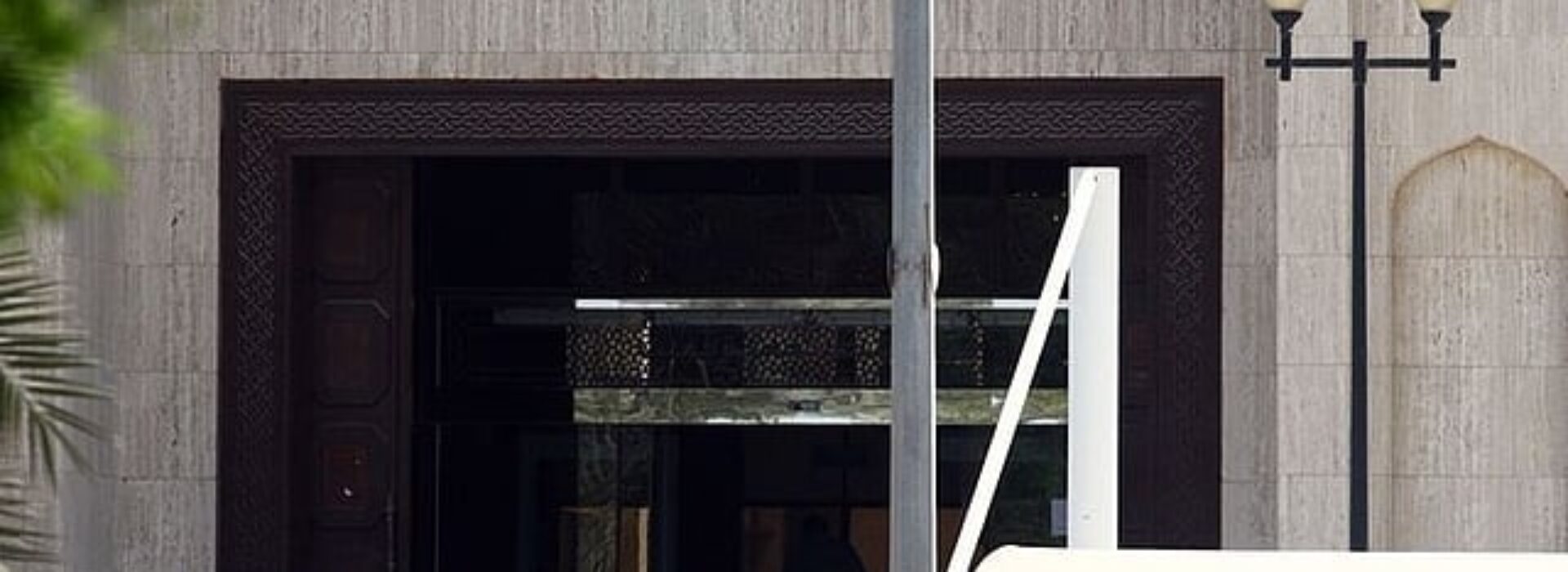UAE Supreme Court bans compound interest on bank loans
The UAE Federal Supreme Court has ruled that banks are not allowed to charge compound interest — meaning they cannot charge “interest on interest.” This marks a major clarification in how banks must calculate and collect loan payments within the UAE.
💰 What the Court Said
The court emphasized two key points:
- Total interest cannot exceed the principal amount of the loan.
- Banks may charge interest at the contractual rate while the account is active, but only simple interest after the account is closed.
This effectively bans compounding — where unpaid interest itself becomes interest-bearing — a practice that can dramatically increase what borrowers owe over time.
⚖️ Case Background
- A borrower had taken two loan facilities totaling AED 700,000.
- The bank claimed AED 1.919 million including interest and late-payment charges.
- Lower courts initially ruled that the borrower owed less, capping the interest.
- When the case reached the Supreme Court, it found that accrued interest (AED 860,147) already exceeded the original loan, which amounted to compound interest.
- The court ruled that this was illegal under UAE law.
📊 Implications for Banks
Banks can still:
- Charge simple interest on principal.
- Impose reasonable delay or late-payment interest, as long as it does not exceed the loan amount.
But they cannot capitalize unpaid interest or add it to the principal to generate more interest. Doing so would violate the court’s decision.
🧾 Implications for Borrowers
- Borrowers now have legal protection against spiraling debt caused by compounding.
- Anyone whose loan balance seems to grow even when payments are made should check if the bank is compounding interest.
- Borrowers can challenge such calculations under this new precedent.
🏦 Wider Impact
- This ruling reinforces transparency and fairness in the UAE’s lending system.
- It ensures that loans remain proportionate and do not become unmanageable through accumulated interest.
- The decision also serves as guidance for banks, courts, and regulators on what’s acceptable under UAE banking and civil law.
📌 In Short
The UAE Supreme Court has made it clear: No bank can charge more interest than the original loan amount, and compound interest is not allowed.
This ruling protects borrowers, enforces fair lending standards, and reshapes how banks manage overdue or extended loan accounts across the UAE.




